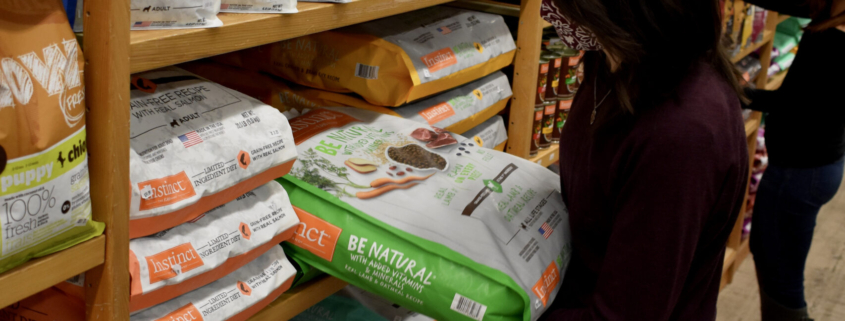The Tough Questions We Ask Prospective Brands
Recently a pet food company reached out to us in an attempt to earn a spot on our shelves. In response, Nicci asked a series of questions regarding the quality and safety surrounding the food. The following is a dialogue between her and a Prospective Pet Food Company. (Please note that additional information is provided for context.)



